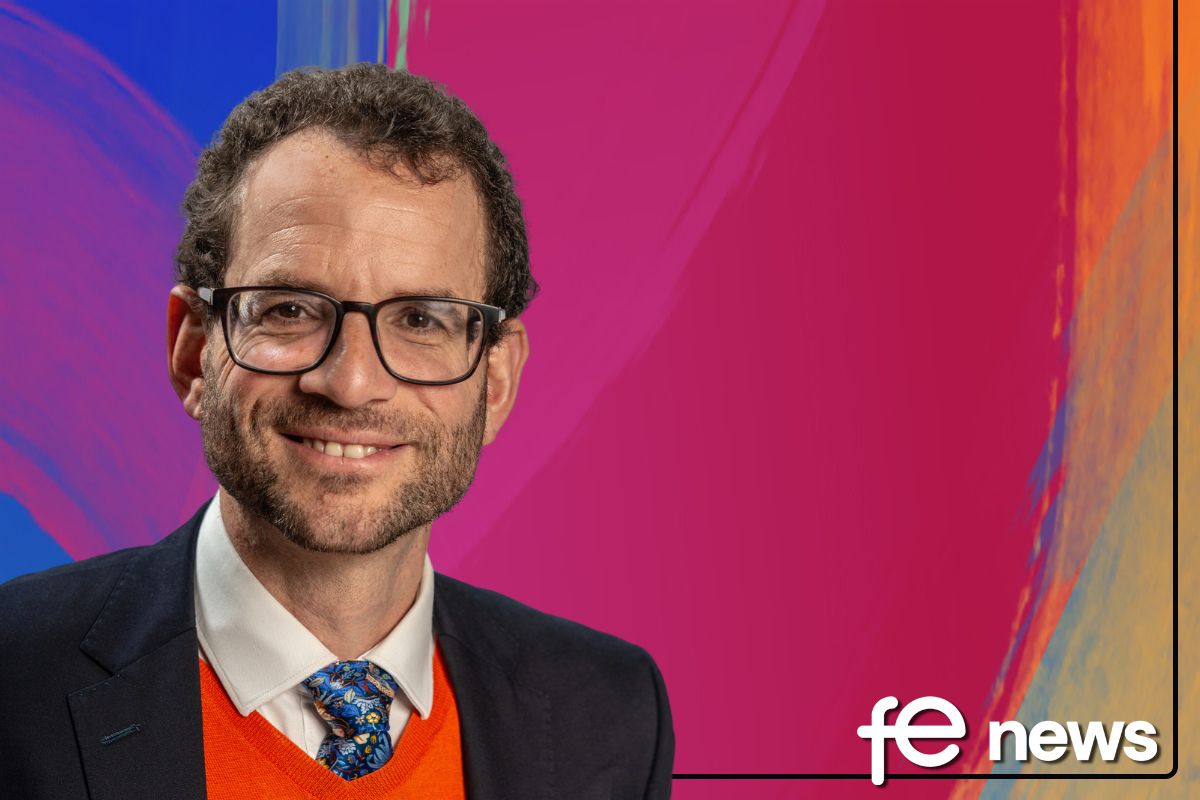It’s time we prepare our future workforce with the digital skills needed to meet employer demand

Following the publication of the annual Ofsted report on 1 December 2020, James O’Dowd, Founder of the Patrick Morgan Foundation (@pmfoundationuk), discusses how the pandemic has further broadened the education gap, in particular the digital skills gap, at a time when the jobs of today are requiring a skill set far beyond what the curriculum is currently teaching.
The latest Ofsted report highlights how the £1billion Covid catch up package would tackle the impact of lost teaching time as a result of the pandemic. However, the package, which includes a £650million catch up premium to help schools support all pupils and a £350million National Tutoring Programme for disadvantaged students, will only go so far.
We need to provide further support to young people currently in secondary school, as this cohort will aid the recovery of the economy that has been so devastatingly impacted by Covid-19. It really is time to act now.
According to a 2020 report by Lloyds Bank, which looked at the digital skills level of the UK workforce, the UK has stood still in terms of digital enablement this year, and is therefore not keeping pace with the progressive and challenging times we’re faced with. It highlighted that approximately 13.6 million workers in the UK aged 15+ don’t have the essential digital skills required for work, that’s 25% of the total population aged 15+ and a staggering 42% of the workforce.
The Covid-19 pandemic has only accentuated the existing digital skills gap, catalysing the development of new inequalities. The outlined government funding simply cannot address this issue as it’s deep-rooted and ingrained in the outdated curriculum.
Though not a new issue, in the last year digital advancements have sped up the pace in which low-skilled and administrative jobs have been replaced with more efficient automation solutions. This means those entering the world of work have fewer low-skilled job opportunities, which is why the national curriculum needs to evolve as quickly as the changing job economy.
We’re at a critical juncture and it is crucial that the curriculum is reviewed in order to educate and train young people with the skills that will be relevant in tomorrow’s economy.
Patrick Morgan Foundation from Nirooshan Jeevarajah on Vimeo.
The solution? It’s vital that the UK’s digital skills gap is fixed from the bottom up. As well as implementing a broad, skills-focused digital education through the national curriculum to future-proof young people’s career prospects, grassroot projects need to be introduced in schools. These projects must be implemented with targeted consideration, to ensure that the worst affected young people are granted the same chance to succeed as their better-off peers. These grassroots projects should not solely rely on government funding, but also supported by future employers in order to meet the growing demand for a digitally skilled workforce.
The Patrick Morgan Foundation, which was founded in 2019, has worked with partner schools to create a series of workshops for young people; ensuring that no matter their background or regional location, they are confident and equipped to pursue a career after education. The platform provides essential information on pathways into employment, teaching the importance of digital skills to students, and introducing careers they may not have been exposed to previously.
The Foundation secured vital National Lottery and City Bridge Trust funding this year, which enabled it to move workshops online during the pandemic, ensuring young people still had access to tools to further their development.
With further support from local grants and regional lobbying, grassroots charities and organisations like the Patrick Morgan Foundation located up and down the country will be best placed to endow our young people with the skills and confidence needed to enter an increasingly digitised workforce.
James O’Dowd, founder of the Patrick Morgan Foundation











Responses